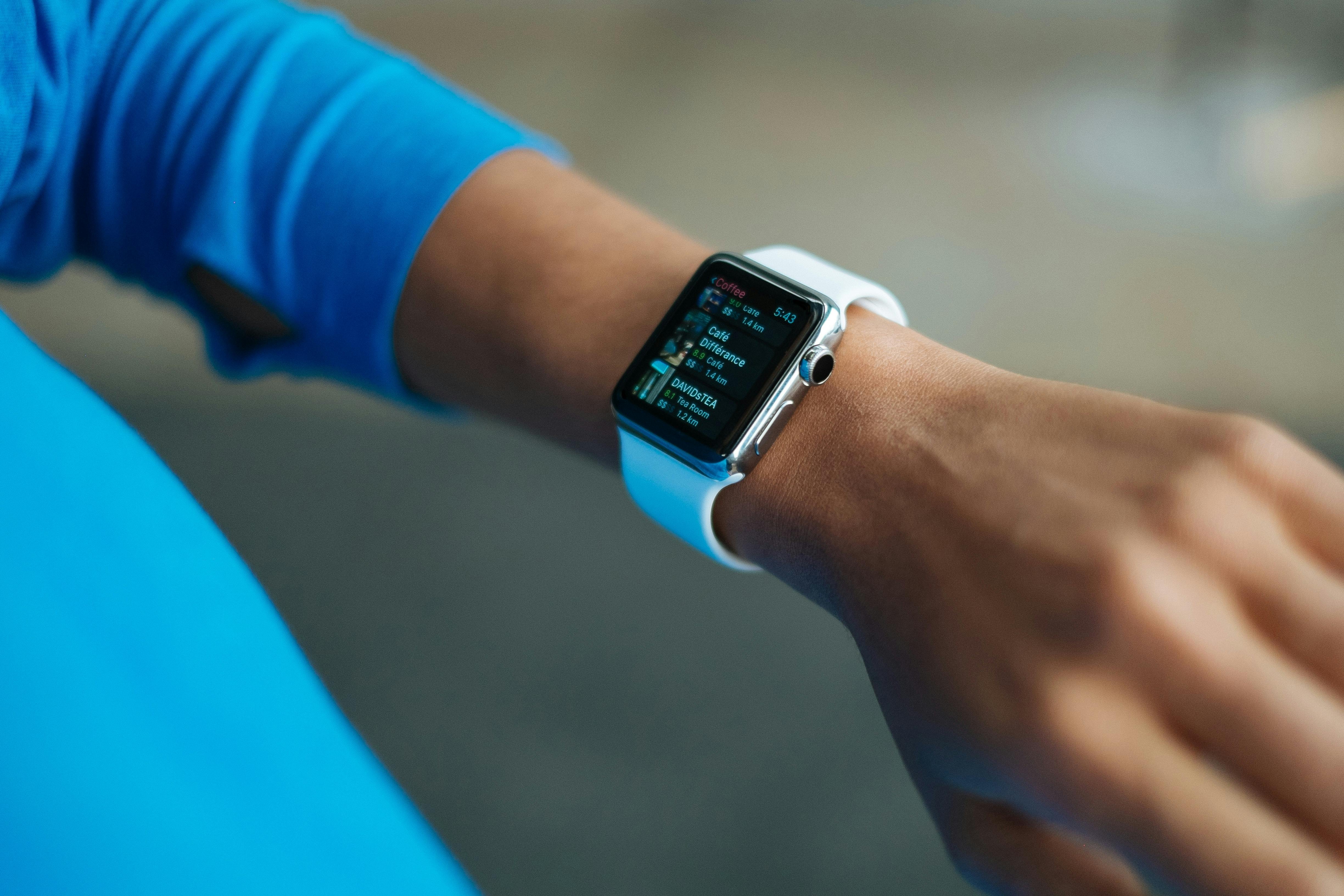Human Rights and Digital Privacy in the U.S. Legal System 2025
Explore how digital privacy and human rights intersect in America’s 2025 legal system — from surveillance laws and data ownership to freedom, justice, and the balance between safety and privacy.
1. Introduction: The Digital Rights Era
In 2025, privacy isn’t just a personal matter — it’s a fundamental human right under digital siege. Every click, every location ping, and every smart device interaction generates data. That data can protect you, sell to advertisers, or, in the wrong hands, destroy reputations.

The U.S. legal system is standing at a crossroads: How can a nation built on freedom protect personal liberty in a world powered by surveillance, algorithms, and artificial intelligence?
Legal experts call this period the “Digital Rights Era.” Just as civil rights defined the 20th century, digital rights are defining the 21st.
“Freedom now means control over your data,” says legal scholar Dr. Aisha Monroe from Harvard Law.
2. How Technology Changed the Definition of Rights
Before 2010, privacy meant closing your curtains or locking your file cabinet. By 2025, it means securing your metadata, protecting your digital identity, and deciding who owns your online presence.
📱 Key Forces Behind the Change:
- Artificial Intelligence: AI systems analyze behavior patterns to predict choices — even before you make them.
- Mass Surveillance: Government and corporate monitoring expanded dramatically after 2020’s cybersecurity crises.
- Big Tech Monopolies: Data became the world’s most valuable resource, surpassing oil in global economic power.
- Biometric Tracking: Facial recognition and DNA databases brought ethical concerns about identity and consent.

Technology redefined freedom: You are free, but your data may not be.
American courts now face cases that would have been science fiction 20 years ago — lawsuits over algorithmic discrimination, AI bias, and unlawful digital tracking.
3. Key U.S. Privacy Laws in 2025
Over the last decade, U.S. lawmakers passed a wave of digital rights legislation. Here are the most impactful ones shaping human rights in the digital era:
⚖️ The Digital Privacy Act (DPA) of 2023
- Gives individuals the right to know how their data is collected, used, and shared.
- Companies must disclose AI decision-making in legal and hiring processes.
- Violations can result in multi-million-dollar penalties.
🔒 The Federal Data Transparency Law (2024)
- Mandates every app and platform to include a “Data Use Report.”
- Requires user consent for all third-party data transfers.
- Creates a public “data footprint” tracker for transparency.
📜 The AI Accountability Act (2025)
- Holds organizations liable for harm caused by autonomous algorithms.
- Establishes a federal AI ethics board to audit bias in decision systems.
- Gives victims the right to sue for algorithmic discrimination.

4. Landmark Legal Cases
Real cases have set the tone for America’s digital privacy movement. Below are key rulings that shaped today’s legal landscape:
🧾 Case 1: United States v. MetaAnalytics (2023)
The court ruled that collecting behavioral data without explicit consent violates the Fourth Amendment. This landmark case forced Big Tech to adopt “Opt-In by Default.”
🧾 Case 2: Johnson v. SmartHome Inc. (2024)
A homeowner sued after her smart thermostat recorded private conversations. The court decided that “connected devices must respect private space as sacred under law.”
🧾 Case 3: Garcia v. State of California (2025)
The California Supreme Court limited police use of facial recognition in public surveillance. It ruled that digital observation without probable cause equals unconstitutional search.

These cases reflect a growing belief that privacy rights aren’t optional — they’re essential to democracy itself.
5. The Battle for Data Ownership
Who owns your personal data — you, the government, or corporations?
This question drives one of the biggest legal and ethical debates in U.S. history. For decades, companies claimed “data ownership” by default through terms of service. But 2025 saw a massive shift: individuals are demanding control over their digital footprint.
💡 Current Legal Developments:
- “My Data, My Right” petitions gaining traction in Congress.
- Class-action lawsuits against companies selling biometric data.
- Startups offering blockchain-based personal data vaults for citizens.

The law is slowly catching up, but one truth is clear: In the digital age, your data is your identity — and defending it means defending your humanity.
6. Freedom vs. Security: The Legal Balancing Act
The phrase “national security” has always carried power in American law. But in 2025, it’s colliding with another powerful ideal — digital freedom. How much surveillance is too much when protecting 330 million people in a connected world?

After the 2022–2024 surge in cyberattacks, the U.S. government expanded its digital monitoring programs. AI-driven systems now scan billions of online interactions daily, searching for threats before they happen.
⚠️ Critics argue:
- Such systems violate the Fourth Amendment — protection against unlawful searches.
- Citizens’ metadata is being stored indefinitely.
- Predictive algorithms can flag innocent people based on behavior patterns.
⚖️ Supporters respond:
- Digital surveillance prevents terrorism and financial crimes.
- AI monitoring is faster and more accurate than human watchlists.
- Data collection is “anonymous” — or so agencies claim.
In 2025, the Supreme Court faces its biggest privacy case yet: United States v. OmniTrack Systems, which questions whether predictive policing AI violates citizens’ digital rights. A verdict is expected to redefine how far technology can go in the name of security.
7. Civil Rights in a Digital World
Digital privacy isn’t just about hiding data — it’s about equality and fairness. Minorities, low-income communities, and immigrants often suffer most from algorithmic bias.

📊 Example: AI Bias in Legal Decisions
A 2024 study found that automated bail recommendation systems rated minority defendants 18% “higher risk” on average — even when evidence was equal. Courts now require transparency audits for any algorithm used in sentencing or parole.
📢 Advocacy Movements:
- ⚖️ Digital Justice League – A nationwide coalition demanding algorithmic accountability.
- 💡 Data Equality Now – Campaign promoting diversity in tech datasets.
- 🗣️ ACLU 2.0 – The American Civil Liberties Union’s digital branch focused on online freedom cases.
These movements emphasize one message: Human rights don’t end at the edge of your screen — they extend into every byte of your online existence.
8. How the U.S. Compares to Europe
Europe’s General Data Protection Regulation (GDPR) set a global benchmark for privacy. By contrast, the U.S. system is a mosaic — fragmented across federal and state laws.

🇪🇺 Europe (GDPR Model):
- Data belongs to the individual, not companies.
- Users can demand deletion (“Right to be Forgotten”).
- Heavy fines for unauthorized data use.
🇺🇸 United States (2025 Model):
- No single federal privacy law; protection varies by state.
- Citizens can sue under the Digital Privacy Act but enforcement is inconsistent.
- Big Tech still wields major influence on how privacy rules are interpreted.
Legal scholars warn that the U.S. risks falling behind in human rights credibility unless a national standard is adopted soon.
9. Corporate Responsibility and Data Ethics
Private companies hold more citizen data than any government. In 2025, corporations are effectively the new custodians of human rights.

🏢 Top Ethical Challenges:
- Should corporations profit from personal information?
- Is it ethical to use customer data for behavioral targeting?
- How should companies respond to government data requests?
🌐 Real-World Examples:
- Google launched “My Data Dashboard,” giving users visibility and deletion rights.
- Apple expanded privacy features, blocking 90% of tracking cookies globally.
- Meta faced a $1.2B fine for transferring U.S. user data to overseas servers.
The conversation around corporate ethics has shifted from compliance to conscience. Companies are realizing that in 2025, privacy protection isn’t just good law — it’s good business.
10. The Rise of Tech Activism
Digital rights activists are the new generation of freedom fighters. Armed with code instead of protest signs, they challenge unjust surveillance and push for open access to truth.
💻 Common Movements:
- OpenPrivacy – Advocates for decentralized internet governance.
- Code4Justice – Developers building open-source tools for online safety.
- FreedomStack – Legal hackers uncovering unethical surveillance programs.
These activists play a critical role in keeping both corporations and governments accountable — ensuring that “We the People” remains true in the digital constitution of America.
As one activist put it:
“Our rights aren’t lost — they’re just encrypted.”
11. The Future of Privacy and Human Rights
The next decade will test whether democracy can survive the algorithm. By 2035, experts predict that over 90% of all human interactions will leave a digital trace — stored, analyzed, and monetized.

Legal scholars argue that data privacy must evolve into a constitutional right. Without it, freedom of speech, religion, and even thought could be compromised by constant algorithmic observation.
🌍 Expected Legal Shifts (2026–2030):
- Creation of a Federal Digital Rights Amendment protecting citizens’ data identity.
- AI-assisted legal audits to identify systemic privacy violations.
- New international treaties defining digital sovereignty for nations and individuals.
- Emergence of “Right to Algorithmic Transparency” in all federal and corporate systems.
Privacy in 2025 is where environmental rights were in the 1970s — undervalued, underestimated, but destined to define civilization’s future.
12. Artificial Intelligence in the Courtroom
In 2025, AI isn’t replacing lawyers — it’s redefining them. Courtrooms across the U.S. are now equipped with AI assistants that summarize testimonies, verify digital evidence, and detect inconsistencies in real time.

⚖️ Key Uses of AI in Law:
- Case Prediction: Algorithms analyze historical data to estimate trial outcomes.
- Evidence Verification: Machine learning scans for falsified documents or deepfake videos.
- Legal Research: Natural language AI reduces research time by 80%.
- Ethical Oversight: AI flags discriminatory or biased phrasing in contracts.
Still, critics warn that automated justice can never replace human empathy. A fair verdict isn’t just about accuracy — it’s about understanding. And no algorithm, no matter how advanced, truly understands suffering, intent, or redemption.
13. Law Schools of Tomorrow
Legal education in 2025 looks very different. Students now study cyber ethics, blockchain law, and digital psychology alongside traditional jurisprudence.

🧠 Courses Shaping the Next Generation:
- AI & Bias in the Justice System
- Blockchain Contracts and Smart Legislation
- Digital Human Rights Theory
- Neuro-Law: Ethics of Brain Data
The best law schools — Harvard, Stanford, Georgetown — are already producing hybrid experts: lawyers who speak code as fluently as legal precedent.
“The future lawyer won’t just argue cases — they’ll debug society.”
14. The Ethical Dilemma: Privacy vs. Progress
Every new technology promises convenience — but often at a hidden cost. From smart homes that listen, to biometric passports that track, citizens are trading privacy for comfort without realizing the long-term implications.
🔍 Modern Ethical Questions:
- Should employers have access to employees’ digital health data?
- Can governments justify constant surveillance for “safety”?
- Are citizens morally obligated to share data for societal good (e.g., pandemics)?
Legal ethics in 2025 must evolve beyond compliance — toward compassion. Laws protect order. Ethics protect humanity.
15. Reclaiming Humanity in a Digital World
Despite all the AI systems, algorithms, and cyber laws, one truth remains constant — Justice is human. And humanity must remain the anchor in this storm of innovation.

💬 Voices from the Field:
- Judge Eleanor Wright: “Technology can make justice faster — not fairer.”
- Professor Malik Stone: “We’re building systems that remember everything but forgive nothing.”
- Attorney Sarah Delgado: “Privacy is more than a right; it’s dignity in digital form.”
The movement toward digital human rights isn’t about rejecting progress — it’s about ensuring progress serves people, not the other way around.
16. Final Reflections
Human rights and digital privacy are now inseparable. As 2025 unfolds, America stands at the edge of a new legal revolution — one that will define how future generations experience freedom, identity, and justice.
In this era of constant connectivity, laws must adapt as quickly as code changes. The constitution may be centuries old, but its principles — liberty, equality, justice — are timeless. It’s time to bring them online.
⚖️ Read more powerful insights at FinanceBeyono — where law meets innovation, and privacy becomes power.
